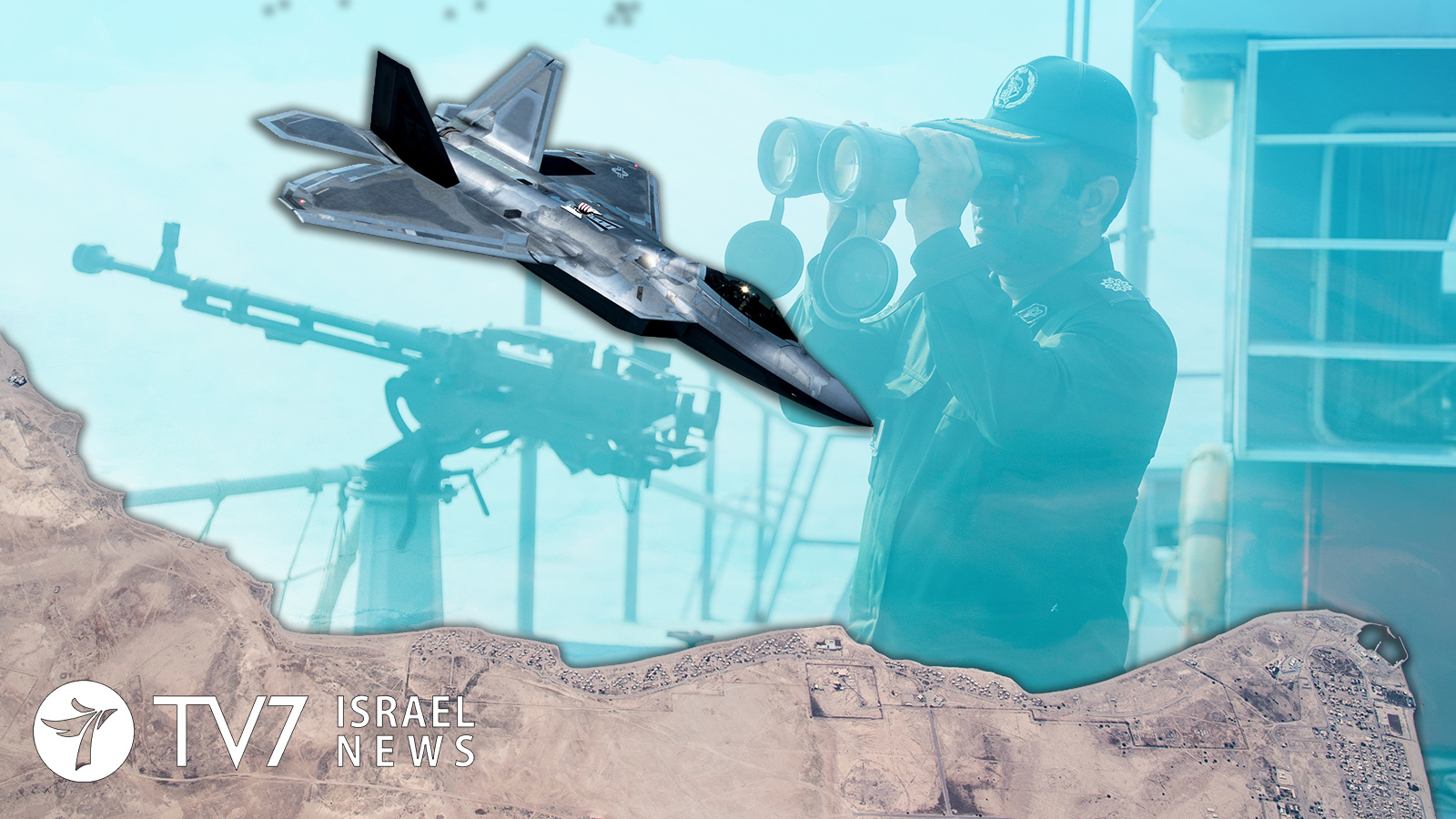For the first time in a decade, Prime Minister Benjamin Netanyahu will not address the annual opening of the United Nations General Assembly in New York City – due to the political turmoil in Jerusalem. Israeli Foreign Minister Yisrael Katz will speak in the premier’s place, and is slated to address the Assembly’s plenum later this week, on Thursday. The Israeli top diplomat is also expected to hold a series of meetings with many of his international counterparts, during the week-long summit.
Iranian Foreign Minister Mohammad Javad Zarif warned that he is not confident that Tehran and Washington can avoid an all-out war. During an interview with CBS News’ “Face the Nation” program, the Islamic Republic’s top diplomat replied to the question: “Are you confident that you can avoid a war?” by saying: “No. No, I am not confident that we can avoid a war. I’m confident that we will not start one. But I’m confident that whoever starts one will not be the one who finishes it.” When asked by the reporter “What does that mean?” he stated: “That means that there will not be a limited war.”
It is important to mention that Zarif’s comments came just before a joint statement by Germany, Britain and France. The three European nations condemned the Islamic Republic for last week’s attacks on Saudi oil facilities – officially backing earlier accusations by the United States. While they stated their support for “ongoing investigations to establish further details,” they noted “There is no other plausible explanation [for the attacks].”
The European criticism of was issued shortly before a bilateral meeting between French President Emmanuel Macron and his Iranian counterpart at the General Assembly. According to the statement from Paris, Macron told Hassan Rouhani that ‘the path to reduce tensions in the region has become smaller and the moment has come for Iran to help defuse the crisis’. Furthermore, reports have surfaced regarding efforts by the French President to mediate a potential meeting between the Iranian leader and U.S. President Donald Trump. Nevertheless, during a meeting between the American President and his Egyptian counterpart Abdel Fatah al-Sisi, Trump underscored that Washington has no need for such a middleman. The U.S. President replied to a reporter’s question: “The French president is trying to play this mediation role with Iran. Is that something you support or something…” by saying: “We don’t need a mediator. Iran wants to do something and I don’t think we need a mediator. He’s a friend of mine but we’re not looking for any mediators. They know who to call.” Although not talks have yet been scheduled, President Trump has not ruled out the possibility they will take place while Iran’s leader is on American soil.
